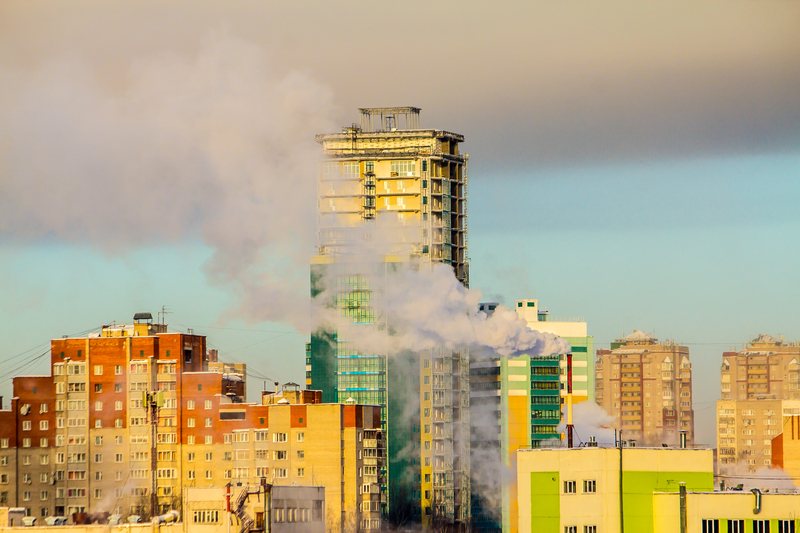
Photo: Image: Dmitrii Pasynkov | Dreamstime.com
Growing demand for city air quality sensors but financials remain foggy
23 June 2020
by Sarah Wray
Increasing urbanisation and a better understanding of the health effects of pollution are creating a growing market for municipal IoT-enabled air quality sensors, according to new research from market intelligence firm Guidehouse Insights.
Its Air Quality Monitoring for Smart Cities report finds that the IoT air quality monitor market has seen accelerated growth in the past few years and this is expected to continue. It forecasts that global deployments of municipal IoT air quality sensing units will increase from 10,250 units in 2020 to 67,522 by 2029, representing a compound annual growth rate (CAGR) of 23.3 percent.
Although the market is largely focused on stationary IoT-enabled sensors, mobile air quality sensing (e.g. from a moving vehicle) and virtual sensing (the use of predictive analytics and machine learning to project pollutant levels) are also finding a niche in the sector, the report says.
Obstacles to adoption
Many cities already have a small number of expensive, regulatory-grade air quality sensors. However, as research suggests that air quality can change dramatically over only a few metres, cities are increasingly looking to take additional measures.
Although the cost of IoT sensors for air quality monitoring has decreased dramatically over recent years, cities still struggle to make a compelling financial case for investments in air quality networks, and this is a barrier to further adoption, according to the report.
Grant Samms, Research Analyst with Guidehouse Insights, told Cities Today: “For some smart city technologies, like smart streetlighting, the financial case is easy to state and a return on investment is relatively easy to calculate. For air quality monitoring, however, it’s not entirely clear how a city makes the case for how they are a solid financial investment.
“The most common route is to cite the public health benefits of cleaner air and a better understanding of air pollution levels,” he added. “For some cities, this knowledge of improved health alone is enough to warrant installation, but the economic calculations for return on investment are indirect and difficult to make.”
Samms noted that there are a few emerging business models where cities may be able to licence their air quality data for a direct financial return but said these are small and still developing marketplaces.
He urged vendors to make clear how their solution will help a city’s particular situation, what the benefits will be, and how the cost will be borne.
“This is a complex and rapidly developing field, so vendors need to pitch more than just data collection machines. Their services need to be a well contextualised part of the solutions to problems faced by cities,” he said.
Cities also experience ongoing price uncertainty for large deployments. Models such as sensing-as-a-service or an all-inclusive service for a flat fee per sensor can help overcome price uncertainty, the report finds.
COVID-19 impact
Research for Guidehouse Insights’ report closed before the coronavirus pandemic took hold but the COVID-19 crisis has heightened awareness of air quality issues.
Several cities around the world have seen improvements in air quality during coronavirus lockdowns due to factors such as reductions in road traffic and industrial emissions. A recent survey from the Clean Air Fund found that at least two-thirds of citizens in Britain, India, Nigeria, Poland and Bulgaria say they support stricter laws to tackle air pollution.
Samms said: “The pressure for cities to meaningfully address air pollution is only going to grow, and a big part of that will be a nuanced understanding of their own unique air quality challenges. There will also be a need for better monitoring of greenhouse gas emissions as decarbonisation efforts move forward to combat climate change.”
Image: Dmitrii Pasynkov | Dreamstime.com








